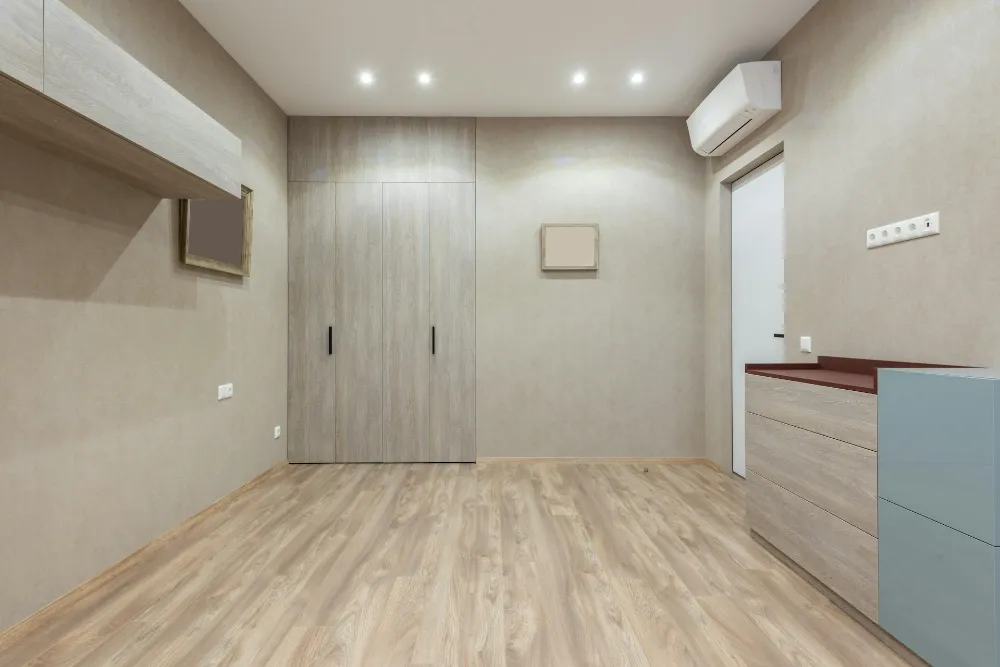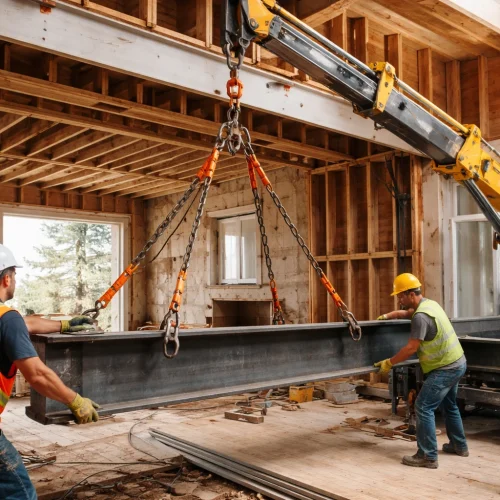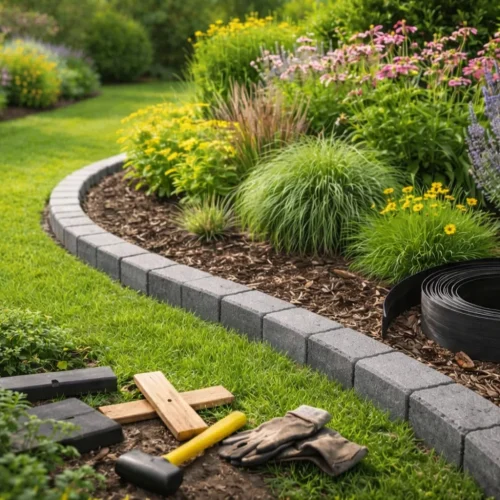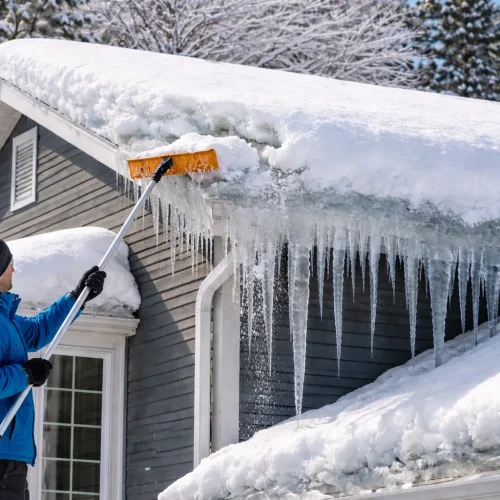
Ever walk into your house on a hot summer afternoon and feel that wave of thick, stale air hit you? It’s the kind of air that makes you question your life choices. You check the thermostat. You listen for that reassuring hum. Nothing. The silence is deafening—and sweaty. Suddenly, comfort becomes a luxury you didn’t know you’d taken for granted.
In places like Paradise, TX, where heat waves are now lasting longer and temperatures hit record highs each year, a faulty climate control system isn’t just an inconvenience—it’s a wake-up call. Across the country, extreme weather has turned basic home systems into frontline defenses against rising heat and unpredictable seasons. Yet, many homeowners treat air conditioning like background noise: something to notice only when it stops working.
But ignoring your home’s climate control doesn’t just make you uncomfortable. It drains your wallet, wears down your home, and can even put your health at risk. In this blog, we will share how small maintenance oversights can spiral into major expenses, why preventive care matters, and how investing in your home’s comfort today can save you from bigger emergencies tomorrow.
When Comfort Turns into a Cost
Most people treat climate control issues as minor inconveniences—a slow cool here, uneven air there—until the system stops completely. Each ignored noise or skipped tune-up adds strain, driving up energy bills and wear. HVAC failures rarely happen suddenly; they build through neglect. Simple maintenance may seem dull, but it’s far cheaper than a mid-July emergency repair when demand and costs are at their peak..
That’s where knowing a reliable AC contractor in Paradise, TX, becomes a game changer. A professional who understands local conditions can help you catch problems before they escalate. They’ll check airflow, replace aging parts, and keep your system balanced against the region’s intense heat. Getting that kind of expert support means fewer surprises, lower energy bills, and a longer lifespan for your unit.
The Chain Reaction Inside Your Home
Ignoring your AC system doesn’t just affect temperature—it creates a domino effect throughout your home. Poor air circulation traps humidity, leading to mold growth, musty smells, and warped wood. Dust buildup clogs vents and recirculates allergens, irritating sinuses and lungs. Even the smallest leaks in ductwork can waste up to 30% of conditioned air, forcing your system to work twice as hard.
You might not notice it right away, but the costs show up elsewhere. Higher utility bills. Shorter equipment life. A home that feels uncomfortable no matter how high you set the fan. Over time, that stress wears down your home just like it wears down your patience. The system you thought was saving you money by skipping maintenance ends up costing you far more in repairs and replacements.
The Modern Homeowner’s Blind Spot
There’s a strange irony in how people view home care. We’ll update appliances, repaint walls, or buy smart gadgets, but the system responsible for comfort and safety often gets ignored until it fails. Part of it is psychological—out of sight, out of mind. As long as cold air comes out when you press the button, the system seems fine.
Yet, in today’s climate reality, that kind of complacency is risky. The U.S. has seen record-breaking temperatures over the past few summers, and power grids are struggling to keep up with the demand. A system failure during a heatwave isn’t just inconvenient—it can be dangerous. For children, seniors, and people with chronic illnesses, indoor overheating can lead to serious health issues within hours.
The cost of ignoring these risks goes beyond repair bills. It’s about the long-term value of your home. A neglected system affects indoor air quality, property value, and even insurance coverage if damage results from lack of maintenance. And while replacing a system is expensive, the price of doing nothing can be even higher.
What Smart Maintenance Looks Like
Caring for your climate control system doesn’t require an engineering degree. It’s about consistency. Start with simple steps: change filters every one to three months, depending on use. Clear leaves and debris from outdoor units. Listen for unusual noises and note any temperature inconsistencies. Schedule professional inspections twice a year—once before summer and once before winter—to keep things tuned and efficient.
Think of it like going to the doctor for a check-up. You wouldn’t wait until you’re sick to take care of yourself. The same logic applies here. Regular maintenance helps prevent “system fatigue,” where small inefficiencies pile up until the whole unit gives out.
You can even make your system smarter. Many newer thermostats track energy usage, monitor humidity, and alert you when filters need changing. These tools make it easier to spot small issues before they become costly emergencies.
When Neglect Becomes a Lifestyle
Homeowners often underestimate how quickly small problems become habits. You notice the system takes longer to cool down—but you adapt. You start sleeping with a fan instead of calling for help. Before long, discomfort becomes routine. It’s the same cycle that leads to major repairs later on.
But there’s also a cultural shift happening. More people are realizing that preventive maintenance isn’t just about saving money—it’s about peace of mind. Homeowners are learning that the true cost of comfort isn’t the repair bill; it’s the stress of losing control over your environment.
Turning Awareness into Action
The best time to act is before the emergency happens. Don’t wait for your system to fail in the middle of a heatwave or during a power surge. Schedule that inspection. Clean those vents. Ask for advice from local experts who understand your area’s weather patterns and building styles.
Small actions compound into big results. Lower bills. Cleaner air. A home that feels consistently comfortable no matter the season. Your home is a system, not a collection of parts—and when one piece struggles, the rest feels it too.
So, when your air feels off or your energy bill spikes, don’t ignore it. A quick service call now can prevent a costly summer breakdown later. Your climate control system is your home’s heartbeat—give it care before it demands it.













